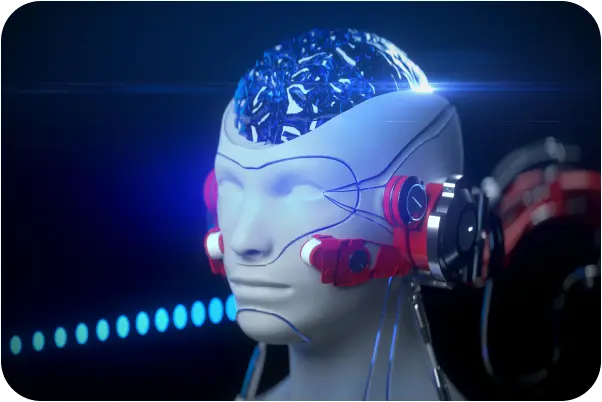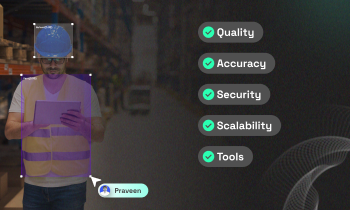Are speakers from multiple countries represented in doctor dictation dataset?
Speech Recognition
Healthcare
Dataset
Yes, doctor dictation datasets do represent speakers from multiple countries, capturing a range of accents and dialects to enhance the dataset's robustness and applicability. At FutureBeeAI, we understand that speaker diversity is crucial for developing effective medical AI systems, ensuring that models can accurately transcribe and understand clinical documentation in diverse healthcare environments.
Why Speaker Diversity Matters in Medical AI
- Improved Transcription Accuracy: Speaker diversity leads to more accurate transcription by enabling AI models to recognize and process various accents and dialects. For example, datasets including clinicians from the UK, US, and Australia have been shown to reduce word error rates, improving the performance of speech recognition systems in real-world medical settings.
- Real-World Applicability: Healthcare environments are inherently multicultural. By reflecting this diversity in datasets, AI models are better equipped to function effectively across different regions, ensuring that clinicians from varied linguistic backgrounds are accurately represented and understood.
- Equity and Ethical AI Practices: Incorporating a diverse range of speakers supports equitable AI development, mitigating biases that could disadvantage clinicians from underrepresented backgrounds. This aligns with ethical practices and promotes fairer healthcare outcomes.
Strategies for Tackling Accents in Medical Datasets
- Targeted Recruitment: We recruit clinicians from various countries and regions, ensuring a balanced representation of geographical and linguistic diversity. This approach helps FutureBeeAI build comprehensive datasets that are more inclusive and effective.
- Guided Dictation Prompts: Clinicians are provided with specific prompts that encourage diversity in the types of clinical notes documented. This ensures that the dataset captures a wide variety of medical specialties and terminology usage.
- Rigorous Quality Assurance: Audio files undergo strict quality assurance processes to maintain high transcription standards across different accents. This includes checks for audio clarity and transcription accuracy, ensuring that the diverse accents captured in the dataset are of high fidelity.
Challenges in Achieving Speaker Diversity
- Complexity in Annotation: Accents and pronunciation variability can complicate annotation. Skilled annotators are essential to navigate these nuances and ensure accurate transcriptions.
- Data Volume and Management: Collecting sufficient diverse recordings is resource-intensive. Balancing diverse representation with data management is crucial for effective dataset creation.
- Bias Mitigation: Continuous monitoring and adjustment of data collection practices are necessary to avoid favoring certain accents or dialects, ensuring equitable representation.
Summary: The Impact of Diversity on Medical AI
Incorporating speaker diversity in doctor dictation datasets is a foundational element for developing robust medical AI systems. It enhances transcription accuracy, supports real-world applicability, and upholds ethical AI practices. FutureBeeAI’s comprehensive approach to building diverse datasets ensures that we meet the challenges of modern healthcare while promoting equity and access for clinicians worldwide.
For AI-first companies seeking to enhance their medical AI systems with diverse speaker datasets, FutureBeeAI offers scalable solutions designed to meet rigorous compliance and quality standards. Our expertise ensures that your models are well-equipped to handle the complexities of global healthcare environments.
Smart FAQs
Q. How does speaker diversity affect AI performance in medical applications?
A. Speaker diversity enhances AI performance by ensuring systems can accurately recognize and transcribe various accents and dialects, improving their effectiveness in diverse medical settings.
Q. What strategies does FutureBeeAI use to ensure diverse representation in datasets?
A. We employ targeted recruitment of clinicians from multiple regions, use guided dictation prompts to cover diverse medical cases, and implement thorough quality assurance processes to maintain high transcription standards across different accents.
What Else Do People Ask?
Related AI Articles
Browse Matching Datasets
Acquiring high-quality AI datasets has never been easier!!!
Get in touch with our AI data expert now!








